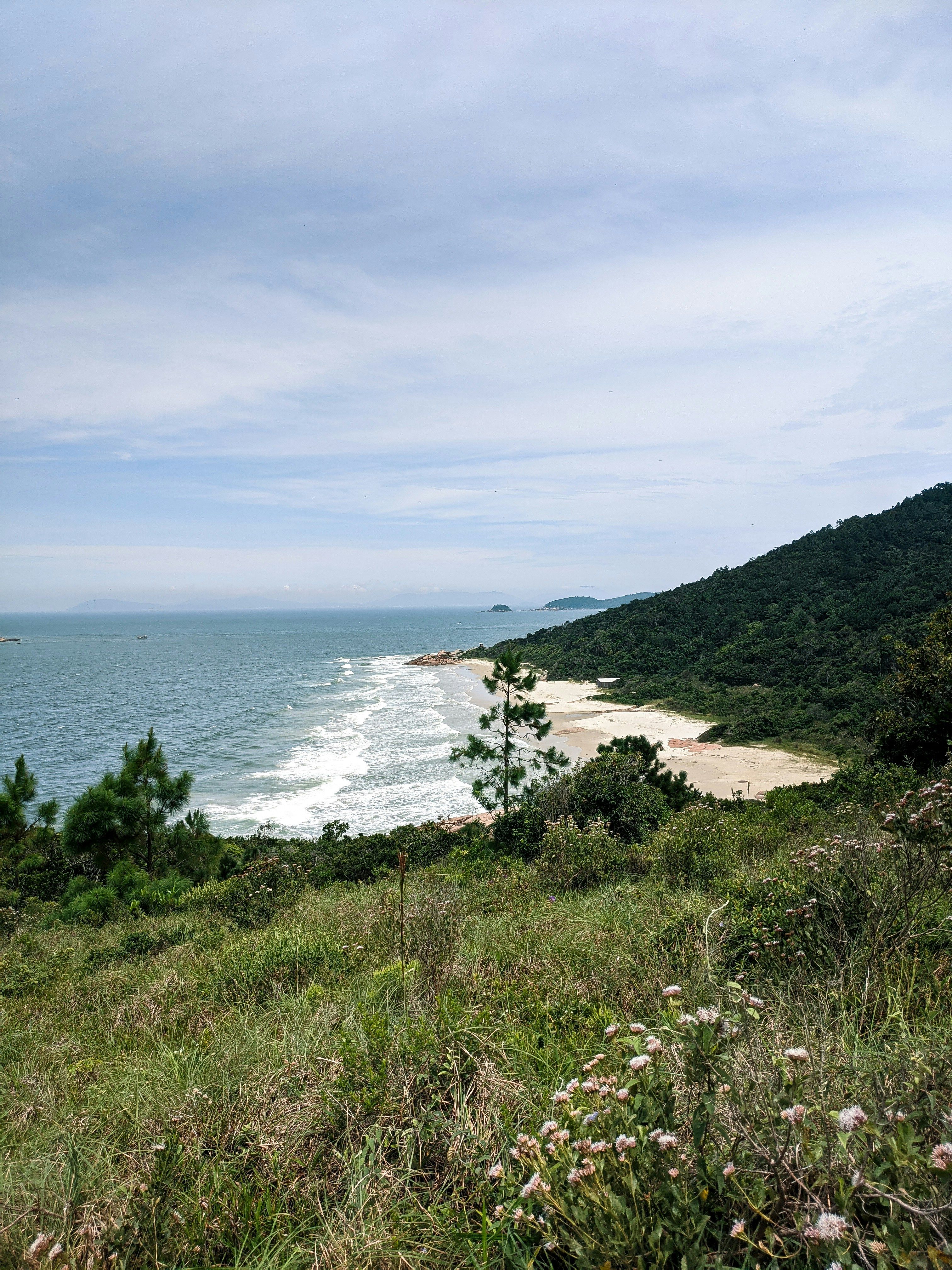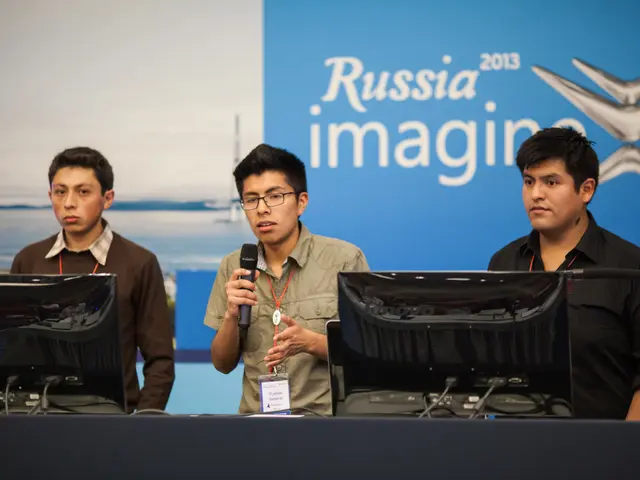Shifting Borders: Merz Allegedly Ponders "Exception Clause" Activation
Migration: Merz-Spokesperson rejects proclamation of 'national crisis' - Immigration: Spokesperson for Merz denies proclamation of "national crisis"
Words Matter
Article 72 offers leeway to deviate from EU legislation to safeguard public order and internal security. Last year, discussions swirled around employing this provision to streamline the repatriation of asylum seekers.
However, the influx of asylum seekers has sightly waned. In January, the former Federal Government voiced that, in their opinion, the standards for deploying the exception clause remained unfulfilled.
On a stormy Wednesday, Interior Minister Alexander Dobrindt (CSU) announced a hardline approach to reduce refugee numbers. This includes escalated border checks and repatriating asylum seekers, excluding exceptions for kids and expectant mothers. This controversial move has sparked outrage from bordering Poland and Switzerland.
On a subsequent Thursday, the Interior Ministry briefed ambassadors from neighboring countries about these strategies. According to the ministry, these measures involve reinforcing existing internal border checks with additional federal police presence. A state secretary confirmed that discussions revolved around the mutual emphasis on collaboration and maintaining a close partnership [1].
Union and SPD, the governing parties, have concurred in their coalition agreement to repatriate asylum seekers; however, they pledge to do so in harmony with European counterparts.
Whispers of a "State of Exception" and Article 72- Germany is rumored to be contemplating invoking Article 72 of the Treaty on the Functioning of the European Union (TFEU) to tighten border controls and possibly reject asylum applications [2][4]. However, the German government has not officially acknowledged these claims [1].- The activation of Article 72 requires invoking a national emergency declare, a decision that remains in debate.
Protests and International Dissension- Neighboring countries have registered concerns about potential flare-ups and disputes cause by these measures [2]. Both Poland and other countries have expressed displeasure with Germany's stricter border policies [4].- Inside Germany and beyond, criticism and discord echo, with some advocating that continuous border checks within the Schengen area contradict EU law [2].
Legal Battles on the Horizon?- Legal professionals anticipate that the European Court of Justice (ECJ) may challenge Germany's measures if implemented, due to their potential incompatibility with EU law [2]. No legal actions have been instigated as of yet.
In essence, although Germany is reportedly contemplating invoking Article 72 for intensified border checks, the implementation status remains uncertain, and neighboring countries remain apprehensive.
- The community policy and employment policy discussions in Germany are increasingly significant, as the government considers invoking Article 72 of the Treaty on the Functioning of the European Union to tighten border controls and potentially reject asylum applications, a move that might impact migration politics and general-news.
- The proposed activation of Article 72 by Germany to intensify border checks has sparked international dissension, with neighboring countries such as Poland expressing displeasure over the potential implications for migration, politics, and general-news.








